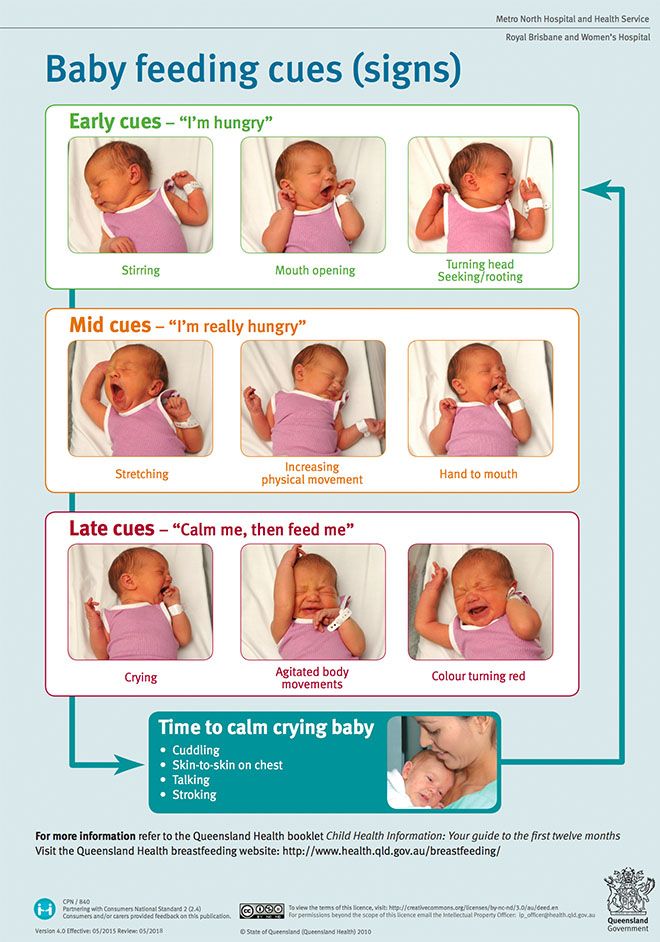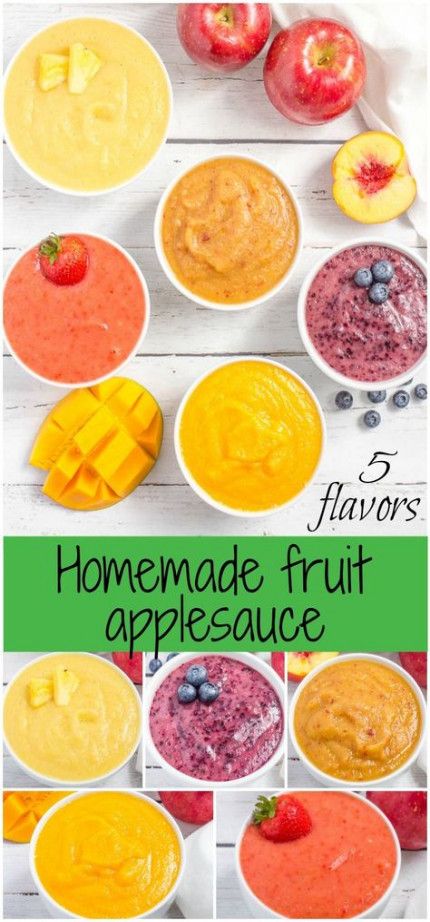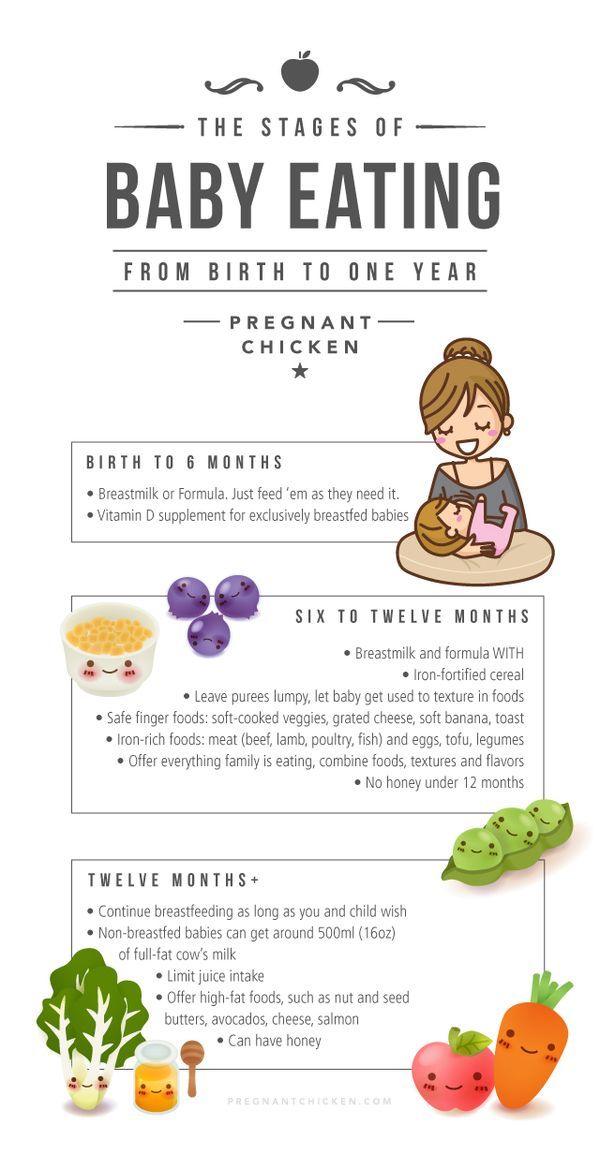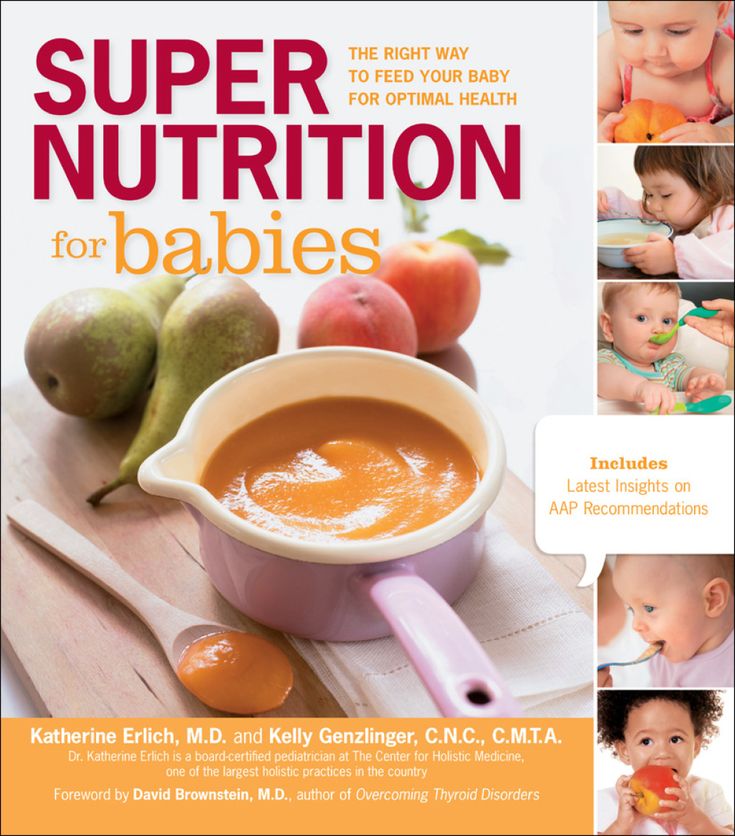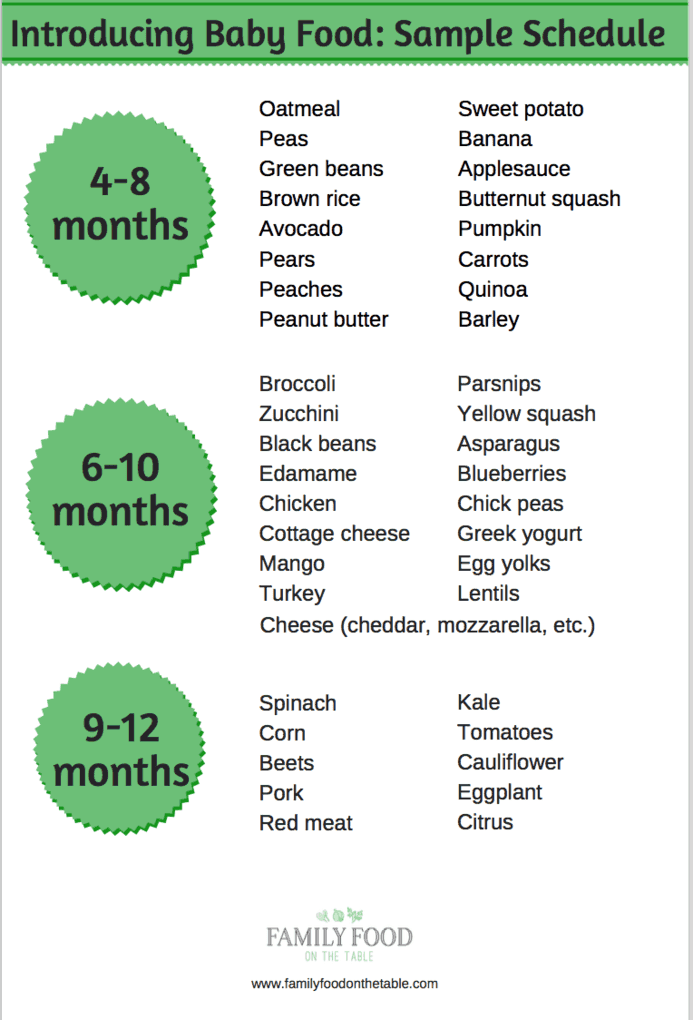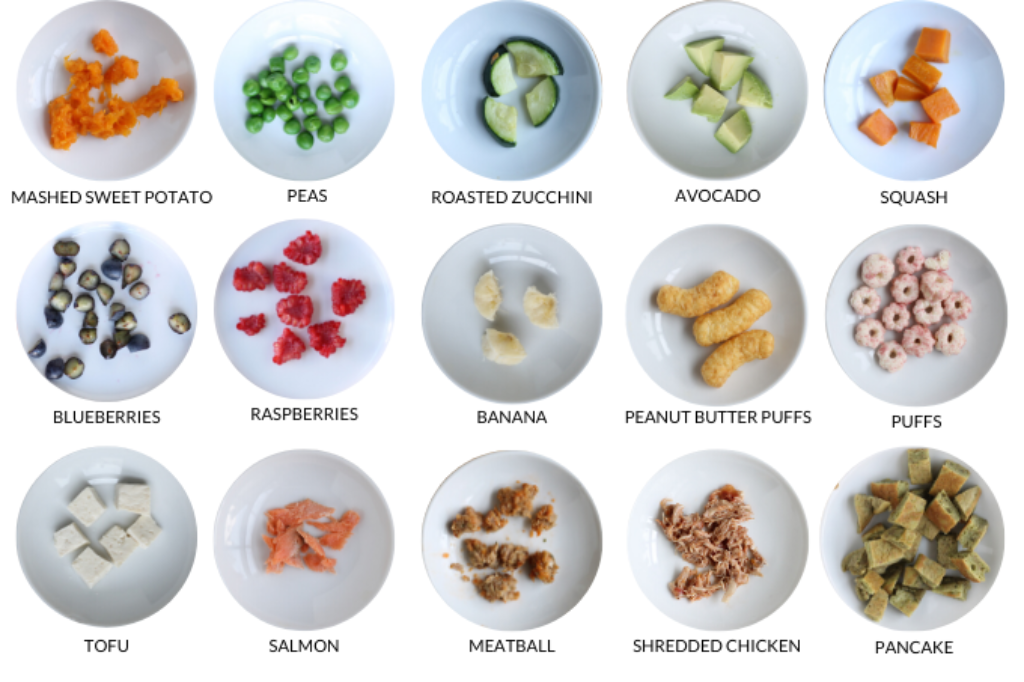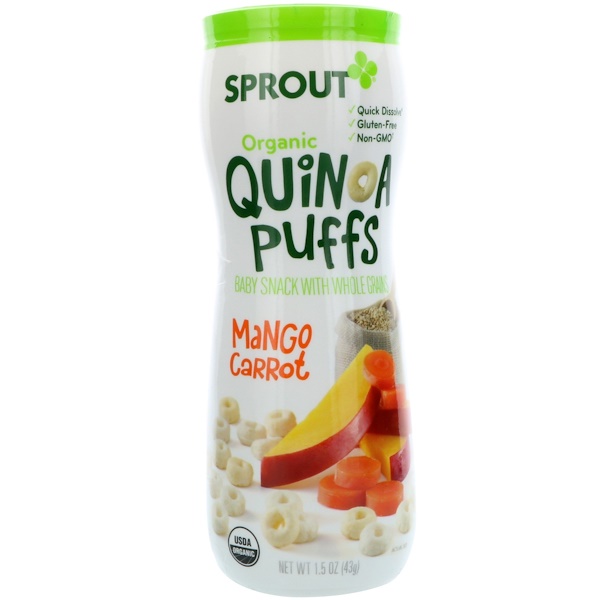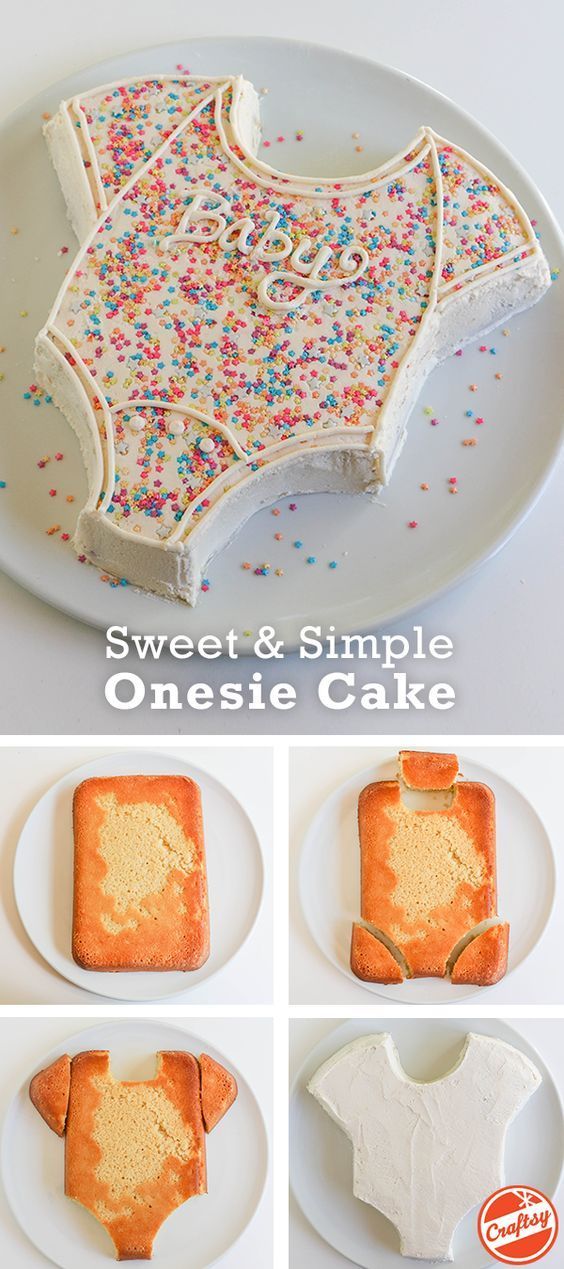Baby off food with cold
Toddler with cold and cough barely eating, advice please
Your browser cannot play this video.
5 answers /
Last post: 17/01/2014 at 10:39 am
Anonymous
20/12/2013 at 12:38 am
Hi my 2.5yr lb has been a picky eater for quite a while anyway but nothing like this.
He has had quite a bad cold (i know as ive had it and it really knocked my energy and appetite too). He cant blow his nose properly so think this led to it developing into a bit of a cough but for the last week hes been totally off his food.
He refuses breakfast most days this week no matter what is offered even if its his favourite fruits or just a yoghurt. He will not eat meals. Theyre still being offered hes just hardly touching them.
I have been using his inhaler to fight against the cough in the evening- im not sure if this contributes to his poor appetite and am checking his temp reguarly (its been a little over 38 some times) and giving him calpol when necessary.
He's taking fluids fine but he really is eating next to nothing- today hes had a bite of an ice pop, 2 choc buttons, a few grapes, 1 and half small packs of cheese string spaghetti stuff, a few crisps (i was eating and he asked and i dont want to say no even though its junk as he asked and as i said hes barely eating), a few spoonfuls of yoghurt. Thats all. Normally he'll eat toast/cereal/porridge for breakfast, fingerfood type lunch and he'll often eat loads for dinner especially if its pasta not to mention the fruit/veg snacks in day but he is just flat out refusing. He's a skinny boy as it is and im worried it will effect him due to lack of vitamins.
What would you reccomend to give him in the meantime whilst his appetite is suffering i.e a good multivitamin?
And is there anything i can do to coax him for food- im not putting any pressure on him to eat and trying to keep neutral about it but am really worried as its been a week now!
Meds wise we are using inhaler at night to ease cough and from today have been using saline spray to try and ease the congestion.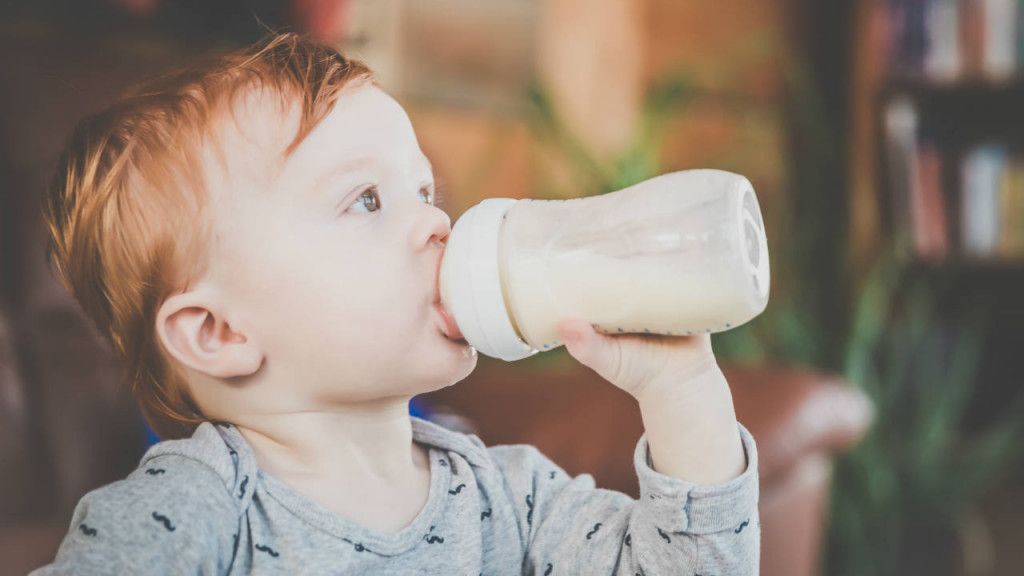
Anonymous
20/12/2013 at 1:45 am
Hi,
I have a 2,5 year old myself so these are my suggestions:
For the super runny nose I use nasal aspirator (the one you can squeeze). Food does taste better when you can smell it and taste it so that always helps. During the night I put a bowl with hot water and few drops of olbas oil in his bedroom or put few drops on a cloth by his pillow and that clears his nose too.
If he doesn't want to eat I usually use something as a leverage. I either let him watch his favourite cartoon on the computer but say that if he will not be eating nicely I will turn it off or tell him that he will either get a treat if he will eat his dinner nicely or that he will be able to play with something he likes a lot. That usually works. I don't do it unless he is very unwell and refuses to eat almost completely because I don't want him to get used to though
The multivitamin is a good idea anyways, even when your little one is healthy it's a food supplement that will help to keep his immune system up and running all the time you can find some really good multivitamins for toddlers in Asda
I hope your little one will get better really soon and you will find a way to get him to eat, good luck
xx
Tracey B(344)
20/12/2013 at 10:00 am
Hello Cat
I am sorry to hear your LO is poorly
When they are run down their appetite is generally the first thing to slide
If your child is a picky eater anyway, I can see why you would be worried
Multi-vitamins would be a good idea to try if you think they would help.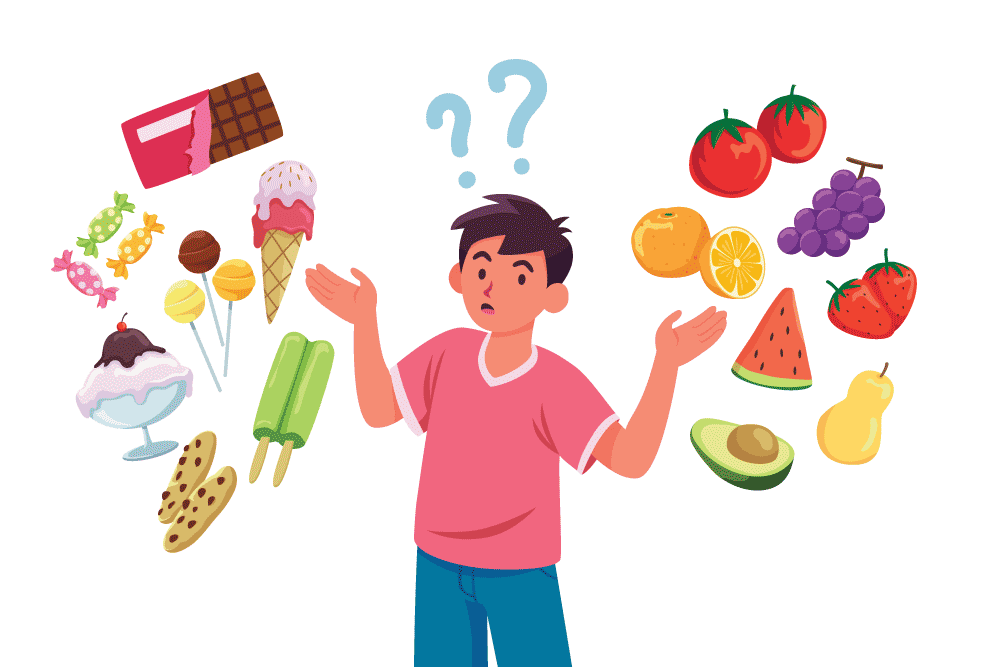 They can do no harm
They can do no harm
I would keep offering your LO lots of fluids as this is the most important thing in their diet right now, and offer things which you think he will eat just to give him something
Have a look here for some fun ideas
Fussy Eaters | Babies, Toddlers and Kids Fussy Eating Guide - Netmums
Once he begins to feel better hopefully his appetite will recover too. if you remain worried about his weight then pop to see your HV for their support
Best wishes
Similar threads
Anonymous
16/01/2014 at 11:15 pm
Just thought id update- i was really ill over xmas with sinusitus, the headaches were awful and could barely get out of bed. Anyway i went to the drs a couple of days after xmas as i couldnt sleep through pain and was just getting worse and took tyler with me. I mentioned to the drs once id got medication for my problems how tyler had been off food for so long, i didnt think he had an infection or anything but said perhaps its worth a check and he checked him over and it turns out his tonsils were all red and swollen and he suspected a throat infection. After a course of antibiotics his appetite returned and hes gained back all the weight he lost! Hes eaten like a pig ever since hooray.
After a course of antibiotics his appetite returned and hes gained back all the weight he lost! Hes eaten like a pig ever since hooray.
Have kept him on vitamins though as the vitamins i got have vitamin d in them (aswell as lots more) and recently heard alot about toddlers not having enough.
just goes to show we think we are being a hypochondriac taking them to drs over nothing, i never thought he had an infection as he never told me his throat was sore (and he is able to vocalise this) poor thing must of hurt so much to swallow xox
Anonymous
17/01/2014 at 10:39 am
Hi Cat
Thanks for the update ~ it's good to hear that you are both well now.
It's so hard to know at times with little ones isn't it. You did the right thing
Can't find your answer?
Popular Chat
Sick Toddler Won’t Eat or Drink
Listen to this article:
Your browser does not support the audio tag.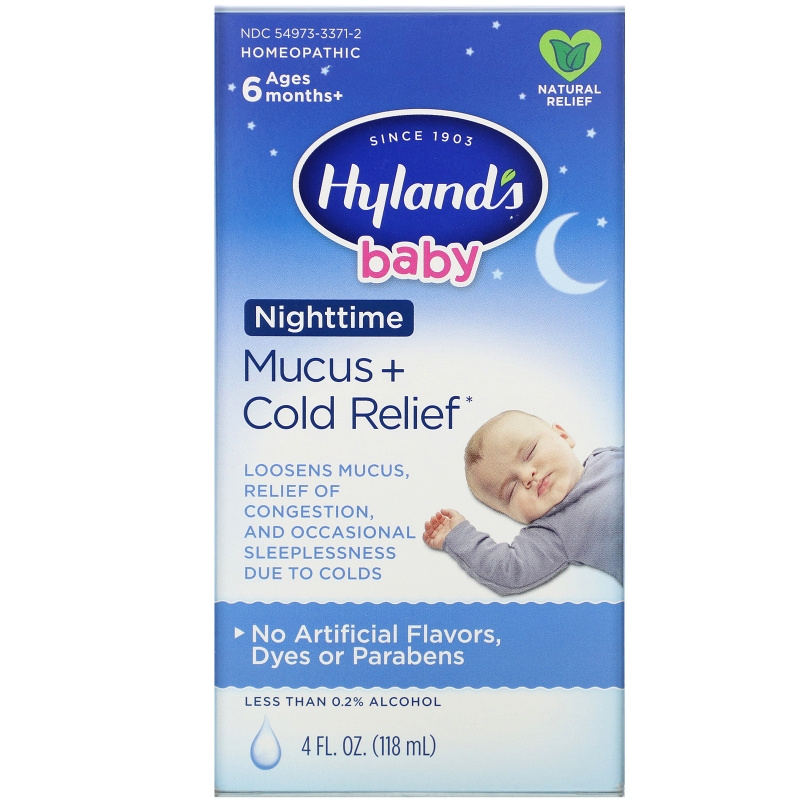
It’s common for a toddler’s food preferences and overall appetite to fluctuate over time. All parents know the frustration of a toddler who gobbles up strawberries one day and then won’t touch them the next day. The frustration is compounded when your child gets sick.
An everyday fussy eater can become next to impossible to please when they catch a cold or stomach bug.
You may not think about what foods and drinks to offer your little one when they come down with something, but a little know-how can help you prepare to nurse them back to health the next time they pick up a germ.
In this article, we’ll provide tips on how to get a sick toddler to drink and offer meal and snack ideas.
Is It Normal for Sick Toddlers to Eat and Drink Less?
It’s normal for most toddlers to experience a decreased appetite when they’re feeling under the weather. Sometimes a child is simply feeling too tired or cranky to eat while their immune system is busy fighting a bug.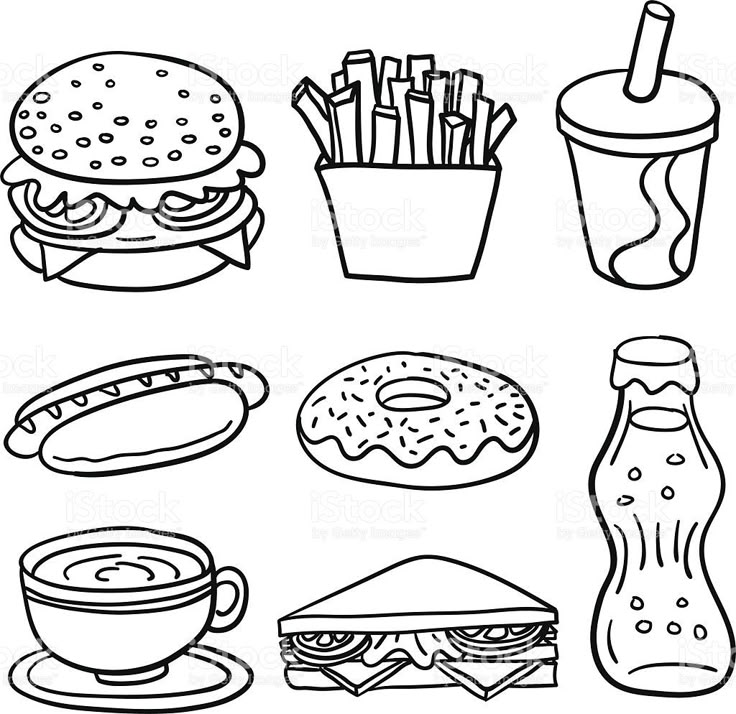
When your child doesn’t want to eat, you might start worrying about bad eating habits, weight loss, or nutrient deficiencies. For most mild childhood illnesses, these worries are simply anxieties that we, as parents, have to set aside.
Think about how you feel when you get sick. You might feel a change in appetite, be too tired to sit at the table or chew much of anything, be sleeping more than usual, or feel somewhat hungry but nothing seems appealing.
A change in appetite can actually be one of the first clues that your toddler isn’t feeling well. If their food intake or interest in eating is suddenly and uncharacteristically off, it’s time to pay attention. Take inventory of any other symptoms like a fever or congestion, especially with very young toddlers who may not be able to verbalize what they’re feeling yet.
That being said, there are some things you can try to help your toddler eat and drink to get the nutrition and hydration they need to support their immune systems and recover quickly.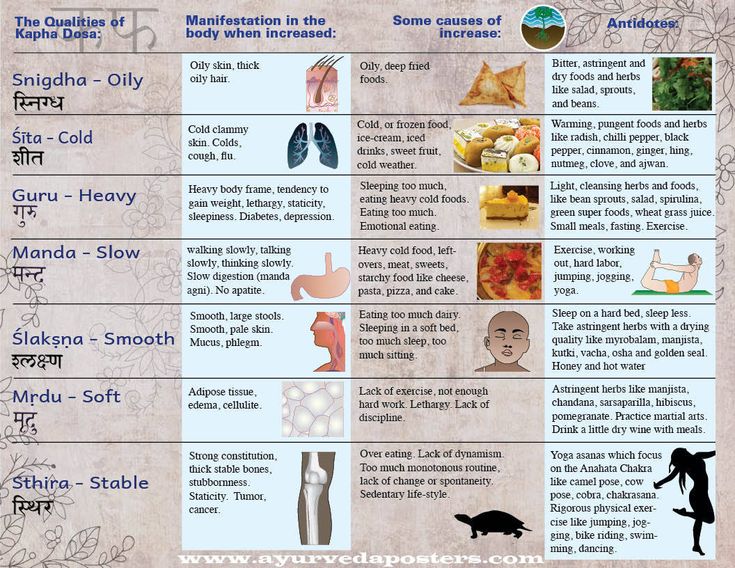
7 Tips for Feeding Sick Toddlers
1. Don’t force them to eat.
Forcing, bribing, and hovering over a sick toddler who isn’t showing interest in their usual meals and snacks can backfire, cause your child to eat even less, and be a stressful and unpleasant experience for all parties involved.
If your toddler won’t eat, focus on fluids. Preventing dehydration and replacing lost fluids always take priority over feeding solids.
2. Stick to safe foods.
This isn’t the time to offer new foods or flavors. Think about how you feel when you’re sick and the foods you do and don’t crave. Chances are you reach for more comforting items, like soup, toast, and crackers and save new recipes for another day.
3. Offer easy to digest foods.
Skip heavy, greasy or fried, heavily spiced, and sugary foods when your child is ill. Bland foods are usually tolerated better.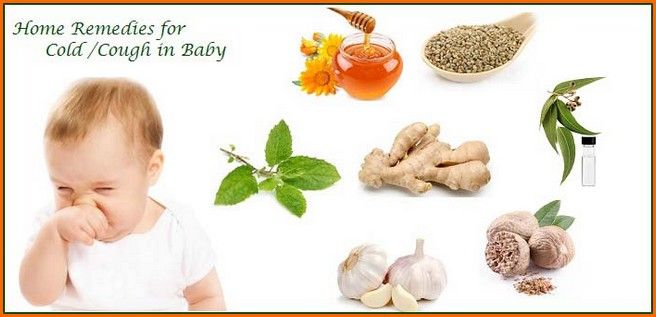 This is extra important if your child is dealing with a stomach bug. Sugary, fatty, and highly seasoned foods can be hard for a sensitive belly to keep down and digest.
This is extra important if your child is dealing with a stomach bug. Sugary, fatty, and highly seasoned foods can be hard for a sensitive belly to keep down and digest.
4. Offer smaller portions.
A large amount of food or drink can overwhelm a kiddo on any given day, but especially when they’re not feeling well. You should try to offer their normal meals and snacks, but don’t be surprised if you find your child grazing throughout the day while they’re sick. It might feel like you’re on snack duty around the clock, but trust that your child’s usual appetite and meal schedule will return when they’re feeling better.
5. Listen to your child.
Let them eat what they want, when they want, within reason. The human body is incredibly intelligent and children will eat when they’re ready. If your child is asking for something in particular, let them have it. You’ll have plenty of time to return to your normal eating schedule and meal time rules when they’re feeling better.
6. Try probiotic foods.
If your child has been prescribed antibiotics, offering probiotic-rich foods such as yogurt or kefir can help counteract digestive upset from their medicine. You can also ask your pediatrician for recommendations for a childrens’ probiotic supplement.
7. Don’t wait to get help.
If your sick child is refusing all attempts at food and drink, contact your pediatrician immediately.
What to Feed Sick Toddlers
Let’s review some of the most common toddler ailments, how they can affect a toddler’s appetite, and specific foods and drinks that can help manage each.
What to Feed Toddler with a Fever
When your toddler spikes a fever, they may be fussier than usual or have less energy which can decrease their interest in doing much of anything—including eating. The biggest concern with a fever is keeping the body well-hydrated to prevent dehydration.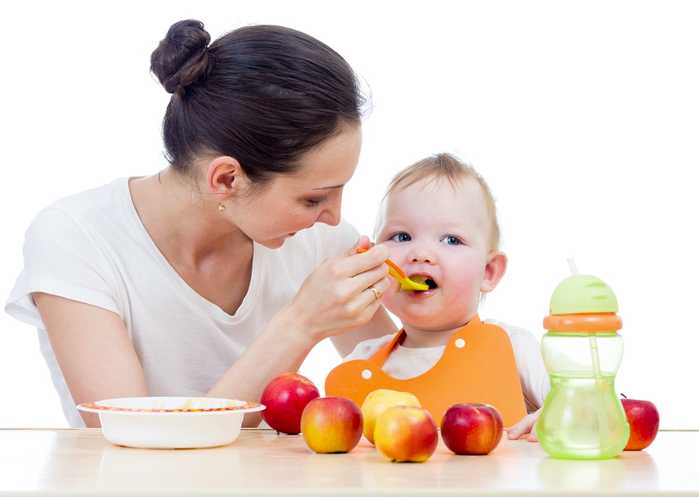
If your child complains of feeling hot or cold when they have a fever, you can offer cooling or warming liquids to help them feel more comfortable. Try to offer their normal meals and favorite foods if they have a fever with no other symptoms, but as always, don’t force or bribe them to eat and take your cues from your kiddo.
Head and chest colds are often accompanied with congestion, runny nose, and cough. Fluids and foods with a high water content are your toddler’s best friend while they fight off a cold. Fluids can help thin mucus so it’s easier to get out when they cough or blow their nose.
The steam from warm foods can also help loosen mucus and provide relief from nasal congestion. Offering warming soups, broths, hot chocolate, and non-caffeinated tea (with supervision, of course) are all good options.
What to Feed Toddler with Sore Throat
The pain of a sore throat can make swallowing food and liquids uncomfortable, which may make your toddler eat less even if they feel hungry.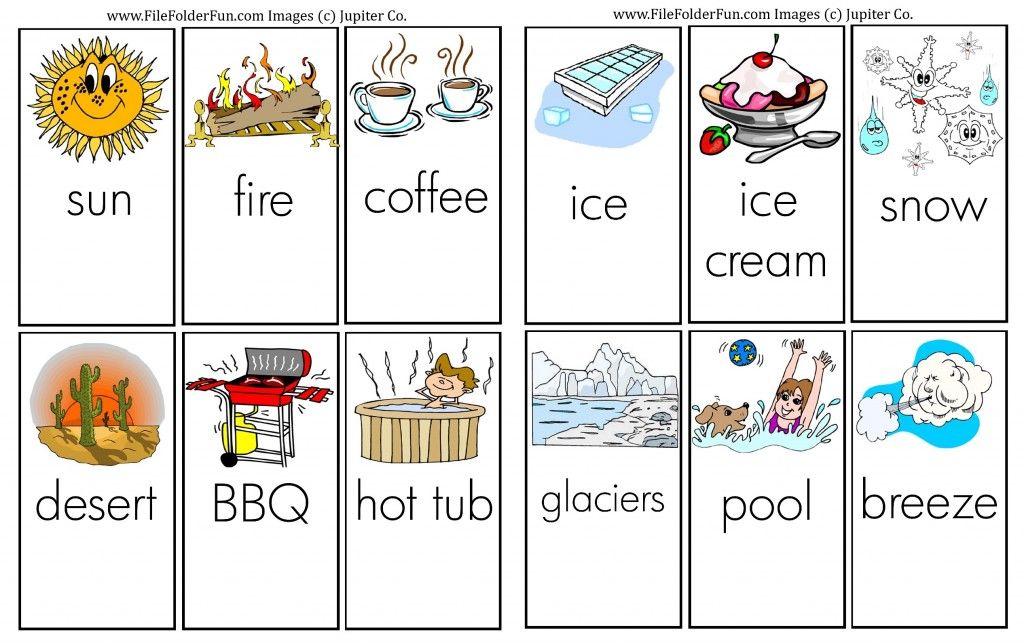 Acidic foods can irritate an already inflamed and sore throat.
Acidic foods can irritate an already inflamed and sore throat.
It can help to skip these foods until your toddler’s sore throat has healed:
- Orange juice
- Pineapple juice
- Orange slices or segments
- Tomato juice
- Tomato soup
Extra-cold or warm liquids may be soothing and offer relief from a sore throat. You can try offering:
- Smoothies blended with frozen fruit and/or ice cubes
- Popsicles
- Frozen yogurt or ice cream
- Ice water
- Cold apple juice or cider
- Cold pudding
- Hot chocolate
- Herbal, non-caffeinated tea
What to Feed Toddler with Diarrhea and Vomiting
If your child is vomiting or has diarrhea, you may be tempted to wait until it passes to offer food or drink. However, vomiting and diarrhea can quickly dehydrate a child.
The most important thing to remember if your child is vomiting or has diarrhea is to keep giving them small amounts of fluids to help replace what’s being lost.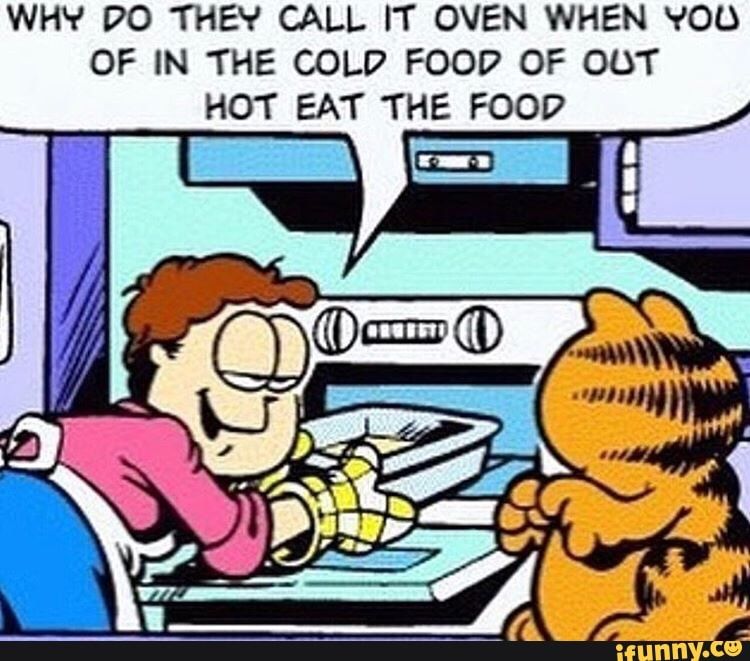
Try offering 1 or 2 tablespoons (1 or 2 ounces) of water, coconut water, or an electrolyte replacement solution every 15 to 30 minutes if they’ve been vomiting or had diarrhea. Steer clear of sweetened drinks and juices since the sugar content can make diarrhea worse.
Small amounts will likely be better tolerated than trying to get them to drink a full cup.
If they keep small sips of fluids down, increase the amount of fluid you give them every 15 to 30 minutes.
The “BRAT diet” advises feeding bananas, rice, applesauce, and toast for stomach ailments. These foods contain simple carbohydrates that provide energy and are easy to digest.
Hydrating Foods and Drinks for Sick Toddlers
Fever, diarrhea, vomiting, or just refusing liquids for a prolonged period of time can put your toddler at serious risk for dehydration. If you’re concerned your toddler is dehydrated, contact your pediatrician immediately.
The best way to prevent dehydration and replace fluids lost through vomit, diarrhea, or sweat is to keep a cup full and encourage your child to sip from it all day long. Using a favorite cup, crazy straws, or liquid dropper to “squirt” liquids from a cup spark a toddler’s interest in drinking more.
Using a favorite cup, crazy straws, or liquid dropper to “squirt” liquids from a cup spark a toddler’s interest in drinking more.
Water is the best choice, but if you’re finding it a struggle to get them to drink it, here are some other drink ideas:
- Else plant-based formulas for toddlers and kids
- Coconut water
- Watered down juice
- Milk of choice
- Clear broths
- Popsicles
- Smoothies or milkshakes made with fruit, milk, yogurt, or Else plant-based formulas
If your toddler is still breastfeeding, you can nurse or offer expressed milk as much as possible while they’re sick. Breast milk is hydrating and offers nutrients they may be missing from solid foods while they’re sick.
If your child is refusing fluids, try offering foods with a high-water content. These include:
- Yogurt
- Pudding or chia pudding
- Store-bought puree or smoothie pouches
- Watermelon
- Cantaloupe
- Honeydew melon
- Pineapple
- Apples
- Strawberries
- Peaches
- Cucumbers
- Zucchini
- Carrots
- Tomatoes
- Lettuce
Meal and Snack Ideas for Sick Toddlers
In addition to the above ideas, here are some other meal and snack ideas that are simple to prepare and serve and have blander flavors preferred by sick toddlers.
- Toast
- Choose 100% whole grain or sprouted toast for additional fiber, vitamins, and minerals
- Creative toast toppings can entice a sick toddler to take a few bites. Try nut butter and mashed strawberries or raspberries, mashed banana and cinnamon, or hummus and cream cheese.
- Pancakes or waffles
- Try making your own batter with a whole grain mix and adding in mashed banana, pumpkin puree, or blending the batter with spinach for extra fruits and vegetables.
- Scrambled eggs
- Oatmeal made with dairy or nondairy milk or formula
- Mashed potatoes or sweet potatoes
- Soups and broths
- Chicken noodle or chicken rice is usually a kid pleaser. Vegetable rice soup is a good option for vegetarian and vegan families.
- Plain cereal, pasta, or rice
- Choose 100% whole grain and sugar-free cereals
- Applesauce with cinnamon
- Fruit
- Softer varieties are usually better tolerated when kids don’t feel well.
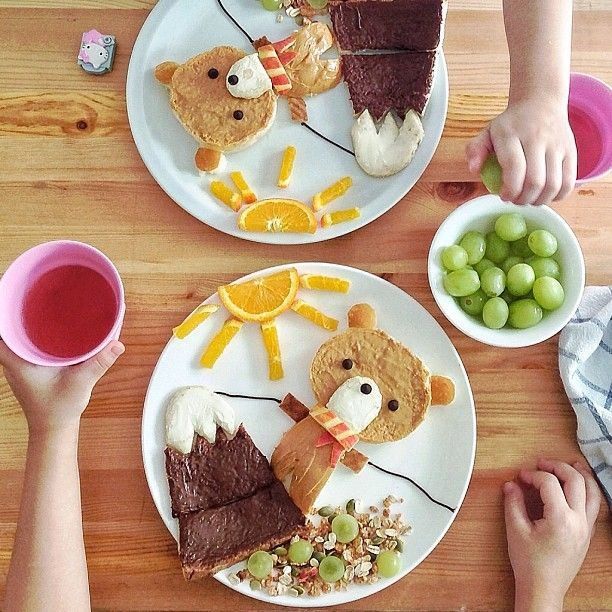 Try strawberries, blueberries, raspberries, bananas, and ripe pears.
Try strawberries, blueberries, raspberries, bananas, and ripe pears.
- Vegetables
- Try soft steamed or roasted vegetables, like carrots and broccoli. Offering a dip such as hummus, ketchup, or ranch dressing can help entice your toddler to nibble some veggies, but don’t be surprised if your toddler turns up his or her nose at vegetables when they're not feeling well.
Should My Sick Toddler Avoid Dairy?
Some people avoid milk, yogurt, and cheese when they’re sick, believing it can worsen the congestion that accompanies head and chest colds. There’s no scientific evidence that dairy increases mucus production or thickens mucus, so this theory may be an old wives tale.
Still, the answer of whether to serve dairy to your sick toddler isn’t a straight-cut yes or no. Some people do notice they feel worse then they’re sick and eat dairy.
Sick toddlers don’t need dairy since there are many other foods and drinks you can offer them to meet their nutrition and hydration needs.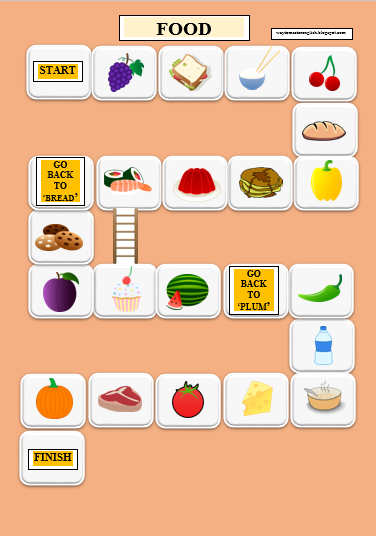 However, if your toddler is used to drinking a cup of cow’s milk in the morning or is asking for a grilled cheese sandwich, these familiar foods may be a comforting source of nutrition when they’re not feeling well.
However, if your toddler is used to drinking a cup of cow’s milk in the morning or is asking for a grilled cheese sandwich, these familiar foods may be a comforting source of nutrition when they’re not feeling well.
Of course, if your toddler doesn’t normally eat much dairy there’s no reason to offer it when they’re sick.
The best thing you can do is take note if your sick toddler’s symptoms seem to worsen after a cup of milk or yogurt. If you notice any changes or are worried dairy could potentially worsen their congestion, it’s best to skip it.
The Else product line is full of nutritious, non-dairy alternatives to milk that can be served on their own or blended with fruit and vegetables to make a smoothie or “milkshake.” Non-dairy yogurts made from coconut milk or cashews can also be a good alternative for kids who love yogurt but may need to skip it while they heal from a cold.
If your toddler is battling a stomach bug, serving dairy can be iffy. Sensitive stomachs may have a hard time digesting dairy.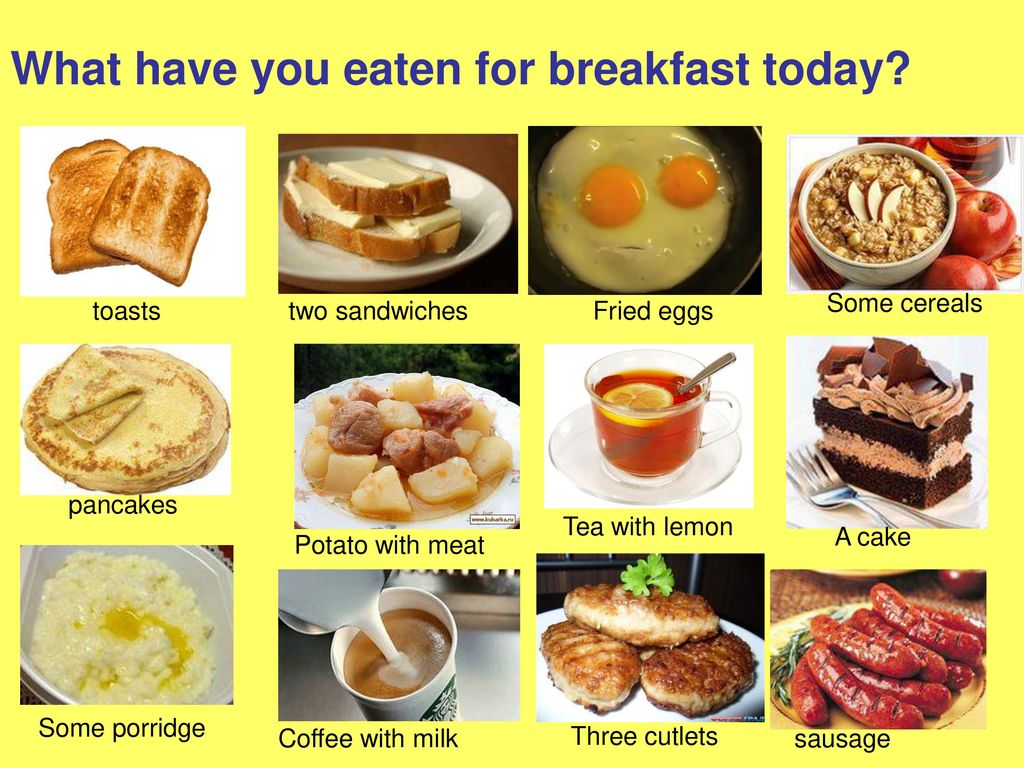 Again, it’s best to skip cow’s milk and recipes made with dairy if you’re in doubt. Once your little one has recuperated from a bout of vomiting or diarrhea, it’s fine to offer cow’s milk and other dairy foods again if they want it.
Again, it’s best to skip cow’s milk and recipes made with dairy if you’re in doubt. Once your little one has recuperated from a bout of vomiting or diarrhea, it’s fine to offer cow’s milk and other dairy foods again if they want it.
Seeing your toddler feel unwell and trying to manage their symptoms is a troubling experience, but it’s something most parents go through at one point or another. Offering simple foods and drinks and prioritizing rest can help your little one get back up to running, playing, and eating normally in no time.
The content and advice provided in this article is for informational purposes only and is not a substitute for medical diagnosis, treatment, advice for specific medical conditions. Always consult a pediatrician to understand the individual needs of your child.
Feeding a sick child
Publication date: 12/15/2016 08:22
April 22nd, 2016 Olga.
While the child grows up, he will be ill with various diseases more than once. About 80% is accounted for by SARS. Any disease (we are now talking about the flu, SARS) is characterized by poor health of the child - malaise, cough, runny nose, weakness, and maybe intestinal upset. And all this affects the appetite of the child. If a child has caught a cold, mothers always ask themselves the question: how to feed him properly? Proper nutrition of a sick child will help to quickly cope with the disease.
About 80% is accounted for by SARS. Any disease (we are now talking about the flu, SARS) is characterized by poor health of the child - malaise, cough, runny nose, weakness, and maybe intestinal upset. And all this affects the appetite of the child. If a child has caught a cold, mothers always ask themselves the question: how to feed him properly? Proper nutrition of a sick child will help to quickly cope with the disease.
During an illness, the baby always has a poor appetite. There are physiological reasons for this:
- at elevated temperatures, blood circulation in the stomach slows down. because the body sends blood to vital organs: the heart and lungs. The process of digestion and assimilation of food slows down and the child needs less food than usual;
- during an illness, the liver actively fights toxins, the products of the vital activity of viruses and the decay of damaged cells, so a large amount of food carries an additional burden;
- the toxins themselves poison the body and the child, when he feels bad, not at all before eating;
- blocked nose, sore throat, difficult to swallow.
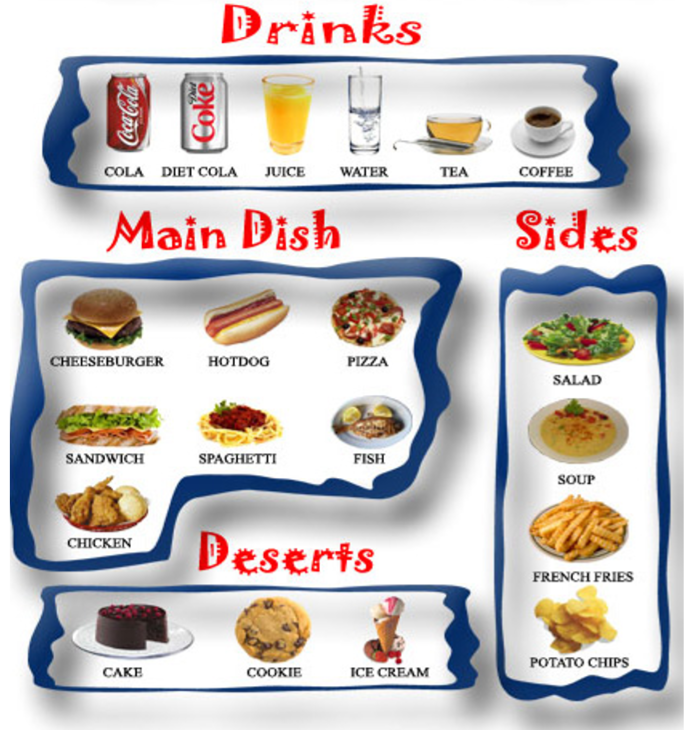
- Nutrition should be appropriate for the child's age;
- during illness, do not introduce new foods into the diet;
- food should be sparing - liquid or semi-liquid;
- make small meals if the baby does not want to eat, and the number of feedings can be increased;
- if the child refuses to eat, let him drink more fluids (water, compote, fruit drink, rosehip broth).
From the diet during illness should be excluded:
- Hard-to-digest foods - fatty meat, whole grain cereals, fresh vegetables and fruits.
- Foods harmful to the liver - fatty dairy products, chocolate, vegetable oil, lard, confectionery.
- Rough, which can damage the mucous membrane - nuts, seeds, crackers, cookies.
Useful menu
During an illness, a child needs food that is well absorbed by a weakened body. Therefore, chicken broth, vegetable soups, stewed and boiled vegetables are perfect for feeding a child during SARS.
To avoid mechanical irritation of the stomach, choose foods that are low in fiber. What foods are low in fiber? These are potatoes, cauliflower, pumpkin, rice and semolina, animal products.
Potatoes are especially delicate in fiber, so include mashed potatoes in your menu more often. You can cook mashed potatoes with sausage, cheese. Beautifully decorate the dish.
Animal protein must be present in the diet of a sick child, since it is a building material for protective antibodies. They are rich in lean meat - veal, beef, lean pork. For soups, use secondary broths from turkey meat, rabbit, chicken breast.
What else can you feed a child during illness? Yogurt helps out well, especially homemade, with the addition of berries.
Cook porridge for the child: semolina, oatmeal, you can also add berries from jam or defrosted.
A sick child needs vitamins. You can make vitamin drinks from rose hips, berries, cook jelly, dried fruit compote, berry juice.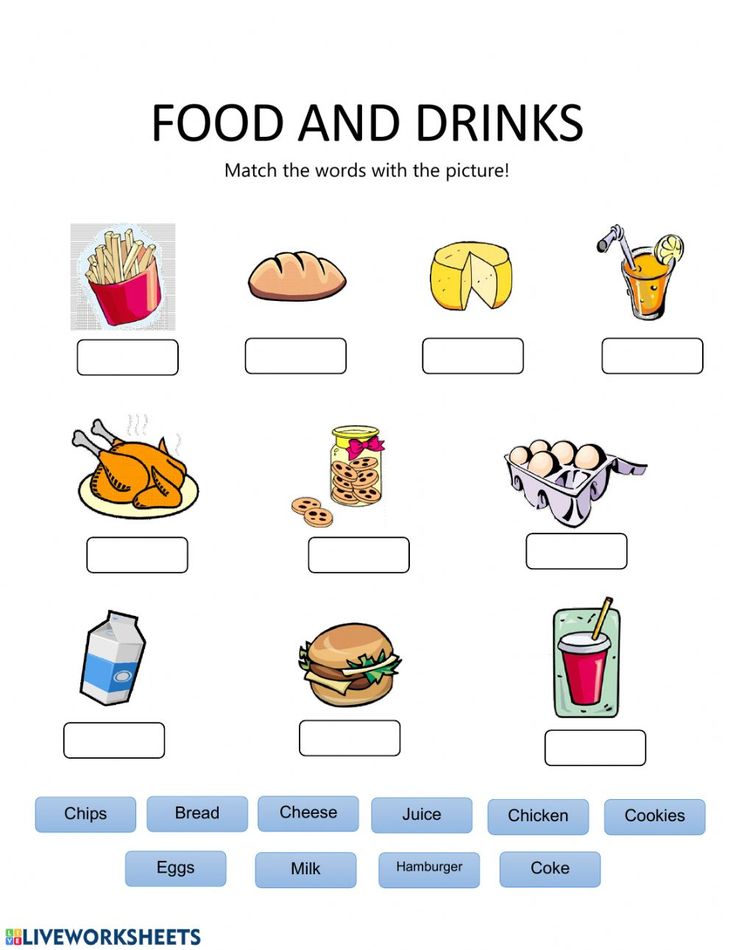 . Such drinks will alleviate the condition of the baby if the throat hurts. But with indigestion, milk should not be given at all.
. Such drinks will alleviate the condition of the baby if the throat hurts. But with indigestion, milk should not be given at all.
To increase the appetite of the dish, it is desirable to arrange it beautifully so that the child immediately has a desire to eat it.
Nutrition for a convalescent child
After an acute period of illness, a period of convalescence begins, when the baby is on the mend and nutrition during this period plays an important role. The food of a recovering baby should be rich in energy in order to restore strength, contain minerals and vitamins, the food should be well absorbed.
As soon as the symptoms of the disease subside, do not rush to pounce on a child with enhanced nutrition, it will take a few more days to restore digestion. Continue to follow the diet, adding lean meat and fish, cheese, eggs, boiled vegetables and fruits to it.
Ideal for casseroles, puddings, steamed cutlets, vegetable soups. Introduce fruits and vegetables into the diet and do not forget about sour-milk products that will help restore the disturbed intestinal microflora.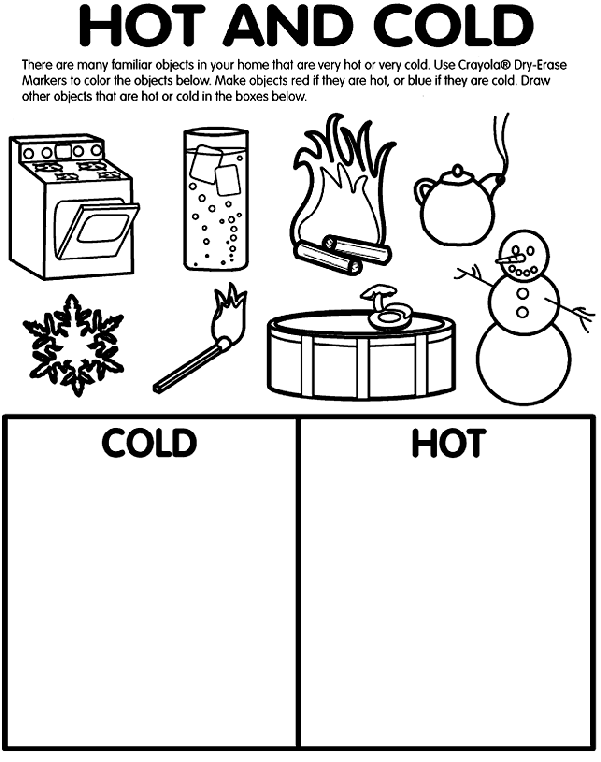 Let during this period the food be fractional, the child eat a little. And when the body gets stronger, the child will return to a normal diet.
Let during this period the food be fractional, the child eat a little. And when the body gets stronger, the child will return to a normal diet.
Choosing tactics
When feeding a sick child, parents must remember that it is impossible to force-feed a child!
We provide a diet with easily digestible products. Some parents find it difficult to feed the baby during illness, he categorically refuses to eat. Psychologists advise not to turn feeding into a circus with musical numbers so that the child eats "well, at least one spoonful."
If a child refuses to eat once, it will not bring much harm to health. He will not remain hungry, but will ask for something anyway when his appetite wakes up.
And don't scold the baby if he doesn't want to eat. Appetite will be restored.
Information from the site: deti-i-vnuki.ru/pitanie-bolnogo-rebenka/
Tips for parents: how to feed a sick child?
Our children sometimes get sick, and in addition to the correct treatment of the disease, for a speedy recovery, the child needs proper nutrition.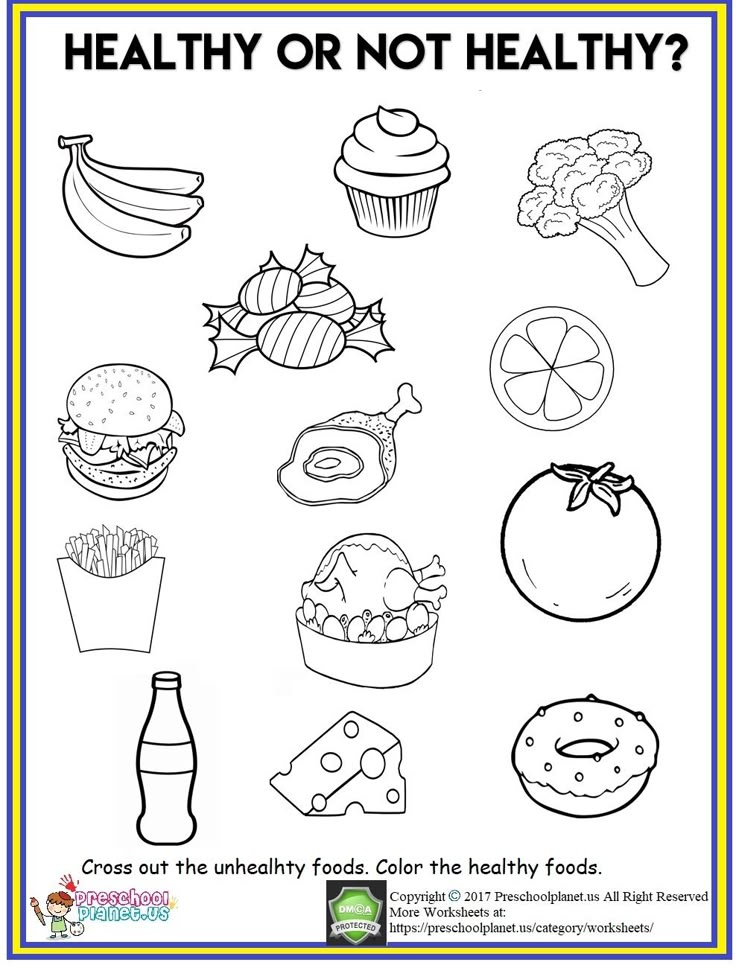 All parents know this, but often they have problems with feeding - children refuse to eat at all or require something completely different from what is prescribed and useful for them.
All parents know this, but often they have problems with feeding - children refuse to eat at all or require something completely different from what is prescribed and useful for them.
In addition, bed rest or hospitalization imposes some restrictions on the eating process itself, the eating process becomes somewhat different than usual. Passion.ru found out how to properly feed children during illness.
Physiological characteristics of the body
When children get sick with acute infections, it is unpleasant. In addition, the simplest and most natural desire of a child in the first hours of an acute illness is a refusal to eat, even the most beloved one.
Refusal to eat is a normal reaction, since it is caused by the body's biological programs and manifests itself as a symptom of almost any disease, even in adults, we just know how to eat through force, "because we need to." Children do not understand this, and refuse to eat. However, it seems illogical for parents to refuse food, because strength is needed to fight the disease.
However, it seems illogical for parents to refuse food, because strength is needed to fight the disease.
All acute illnesses are based on stress: pain reactions, fever, oxygen deficiency in tissues. This leads to a standard reaction of the body for all people - the brain activates blood circulation in the most important organs that help to cope with the disease - this is the brain and spinal cord, heart, lungs and kidneys.
In all other organs, blood circulation is minimized during the fight against the disease. This is especially true of the digestive system - the intestines and stomach. At the same time, its peristalsis slows down, the production of juices and enzymes decreases, they become thick, so it will be very difficult to digest food.
In addition, due to viral infections, babies often develop the so-called "intestinal syndrome" with loose stools, abdominal pain and gas - this also explains the lack of appetite and a categorical refusal to eat.
It has been proven that the strength of the intestinal syndrome and the frequency of its occurrence are directly related to the activity of parents in feeding the child: digestive disorders develop due to the fact that the body is not able to digest an increased amount of food.
How the liver affects appetite
The liver plays an important role in the child's body - first of all, it is involved in the digestion and digestion of fats, but in addition, it is actively involved in the fight against infections. The synthesis of antibodies and interferon is carried out in the liver. They are involved in the neutralization of viruses and microbes, the removal of toxins and waste products of the enemy, increase general immunity .
During acute infections and illnesses, the load on the liver increases many times, and loss of appetite is one of the protective mechanisms of the liver from overload. The liver focuses on more important functions than digestion.
That is why there is no need to raise a panic when a child refuses to eat, his nutrient reserves will be enough for the acute period of illness, and the weight that is lost during the illness is then quickly restored. As the activity of microbes decreases and recovery occurs, appetite is restored.
How to feed a child during illness?
Give up the habit of spoiling a sick child with harmful things - cakes, sweets, chips, soda - this will strain the pancreas and can cause a breakdown in its work, which can result in abdominal pain and diarrhea.
Feed your child often, but little by little, even a few spoons of soup or porridge will be very useful for the child.
If it hurts the child to eat
Sometimes, due to problems in the mouth or nearby areas (ears, nose), the child refuses to eat. It hurts him because of stomatitis, it is unpleasant to swallow because of a sore throat or otitis media. Anesthetize the mucosa before eating or drip medicine into the ears or nose.
Do not rush the child, give him the opportunity to carefully chew everything and swallow carefully, without causing discomfort.
If your baby is sick, change the nipple to a softer one with less flow so that it doesn't choke and press the nipple on the sore spots in the mouth.
Feeding bedridden patients
Sometimes it becomes necessary to feed children in bed, then special tables will come to the rescue. You can put cutlery and plates on them, and a maple and a napkin are spread on the bed for the child himself so that he does not stain linen and clothes. Feed the child with a spoon, raising his head to a semi-sitting position. Make sure that he has time to chew and swallow everything. Do not force-feed your baby, especially if he is sick.
Babies are usually fed from a drinking cup or bottle , placed on their knees and covered with a diaper. After eating, the child needs to wipe his face and hands, wash with a damp towel, give him a drink of water.
As the child recovers, his appetite will return and he will begin to eat on his own. In the first days of recovery and returning to your usual diet, make sure that the portions are one third smaller and the baby does not overeat. Digestion may not immediately cope with a large amount of food.

